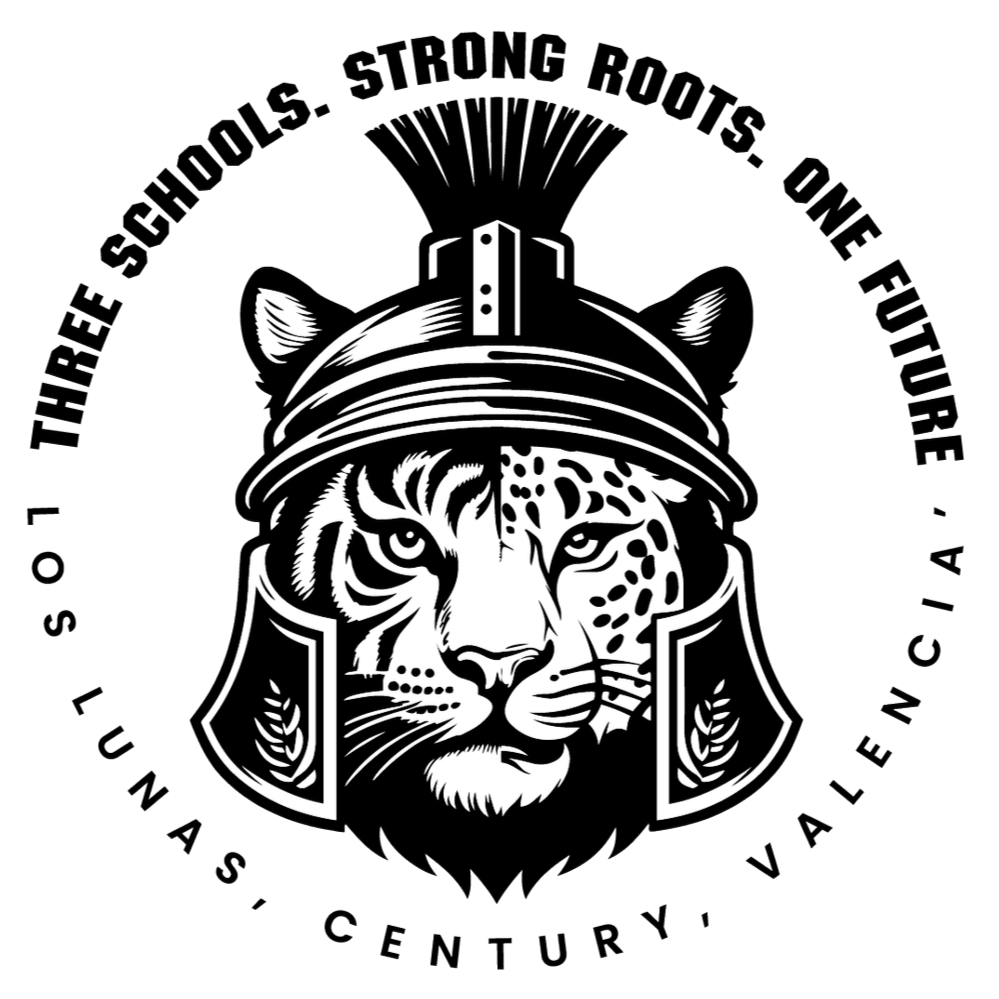A Witness to Poverty
The intersection of Turbo Road and Airport Road in El Cerro Mission; © Nicole Bradshaw, 2018
Let me be clear: I did not grow up in poverty. However, I did grow up as a witness to it.
My grandparents were born in 1931 and 1932- almost exactly a year apart, and both in the Dust Bowl of Southern Kansas and Northern Oklahoma into farming families. They were luckier than most families- my grandmother’s family was able to hold onto the family farm and eke out a living from it; my grandfather’s parents had a massive extended family who helped to care for each other, sharing all they had. But, despite these blessings, their poverty-stricken childhoods taught them lessons that held on until their dying days.
When my grandparents got married, my grandfather was 21 and my grandmother was 20. As the saying goes, ‘they didn’t have two cents to rub together’, but having been raised as farm kids in the middle of a depression and natural disaster, they knew how to work hard. So, they began working hard to build their lives together. But, when prosperity came, their habits of saving everything- and I do mean everything!- didn’t change. Their lack of material items in their childhood and young adulthood turned into a hoarding habit, not because they had a fear of ‘losing it all’ but because they had been taught to ‘use it up, wear it out, make it do, or do without’ while growing up.
In my own life I have witnessed the effects of poverty on the people around me. I grew up in El Cerro Mission- one of the poorest areas in Valencia County. My grandparents bought our land way back in 1976, before there was a neighborhood, so the area grew up around us. Riding the school bus through the neighborhood, I couldn’t help but see the second-hand single-wide trailers barely sitting on cinderblock supports. I saw the used cars that were oftentimes up on blocks more than they were running. I watched as my schoolmates wore hand-me-downs and relied upon the free lunch program at school. I experienced my grandparents’ home getting broken into. I heard the gunshots and sirens every night.
As I grew older, I began to discover the reasons for the poverty I was surrounded by. My schoolmates’ parents had entry-level jobs, whereas my parents had jobs that required skill, training, education, and experience. But, why were my parents able to get these jobs, and my schoolmates’ parents weren’t? At the time, I couldn’t figure it out, but as I grew, I learned that there wasn’t one single reason for this- there were many. Often these parents were coming from poverty themselves, and hadn’t been given the opportunity to overcome it like my grandparents had. They weren’t able to get the education they deserved- and needed- to access training programs to build skills. And, there were even instances where- although they were still in poverty- the level they had reached was far above where they had started. Other things like a family member with a drug addiction or alcoholism affected my schoolmates’ families as well. And then there were the families who were caring for a member with severe health challenges or a disability that prevented the person from working. Many families faced more than one of these challenges.
Suddenly, poverty wasn’t a choice these families were making; it was something they were being prevented from escaping. And, once I understood that, my view of the community that I’d grown up in changed significantly. I began to look for ways that I could be part of the solution, and while I’ve never done anything extraordinary, I’ve tried to help where I can- mostly in small, quiet ways.
There are so many things that I could say to finish off this post. I could share facts and statistics about how education is the key to overcoming poverty (it is- but, we already know this). I could wax poetic about how we have a responsibility to support these students and families through our public school systems (we do). I could also use this opportunity to brag about the things I’ve done to help my community (I’m never going to do that). But, what I really want to say is this: I understand what poverty is and I recognize the advantages I had- and still have- in avoiding it, but I also recognize the responsibility I have to continue helping my community where I can.

